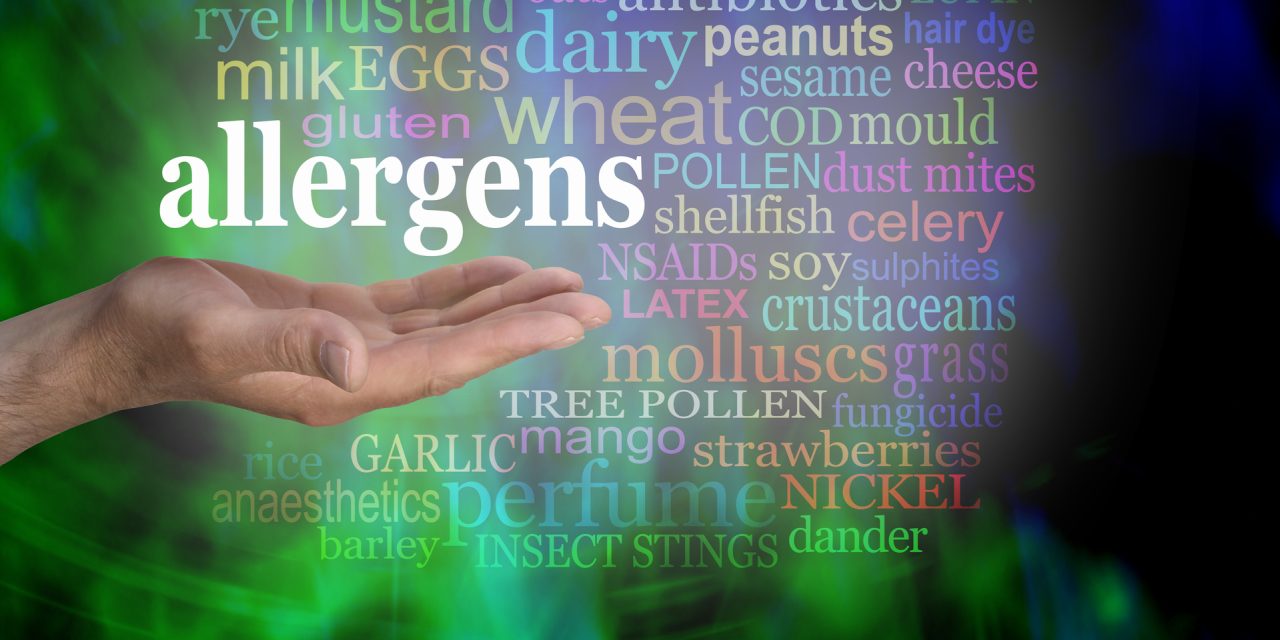The development of cancer vaccines targeting tumour self-antigens is complex and difficult due to the difficulties of overcoming immune tolerance to self-proteins. Vaccination against the tumour self-protein D52 (D52) has been effective, however full protection appears to be compromised by immune modulation. Previous research suggests that vaccine-elicited CD8 + T cells release interleukin 10 (IL-10) may have a detrimental influence on tumour protection. Understanding the involvement of CD8+ IL-10+ T cells in the immunological response after D52 vaccination might lead to a more effective vaccine.
To address this, the researchers vaccinated IL-10 defective mice with the murine orthologue of D52; a control vaccination of wild type (wt) C57BL/6J served as a comparison. Individual IL-10 deficient mice that refused the first tumour challenge were re-challenged 140 days later to test vaccination persistence and immunologic memory against tumour recurrence. Mice lacking IL-10 exhibited a memory response in which 100% of the mice were protected against subsequent tumour challenge, but wild-type mice had a reduced recall response (25%) against tumour recurrence. These findings, combined with analyses of vaccine-elicited CD8 + T cells for tumor-specific killing and regulatory cell marker expression, lend support to the hypothesis that CD8+ IL-10 + T cells elicited by the D52 tumor-self protein vaccine contribute to the suppression of memory CTL responses and long-term tumour immunity.
Reference: https://www.tandfonline.com/doi/full/10.1080/21645515.2019.1689746


